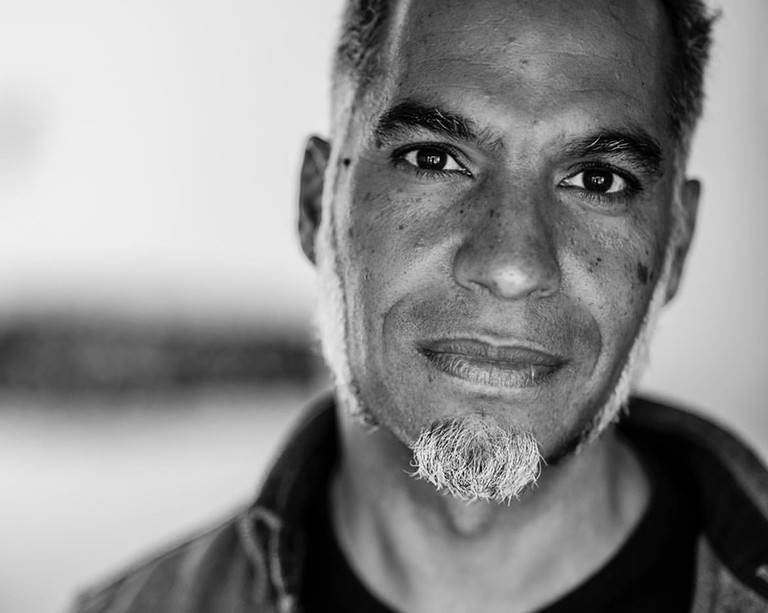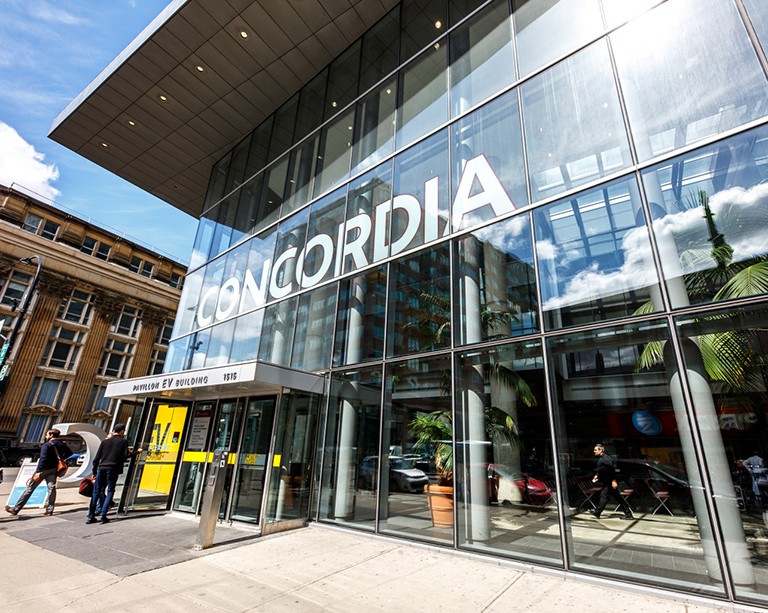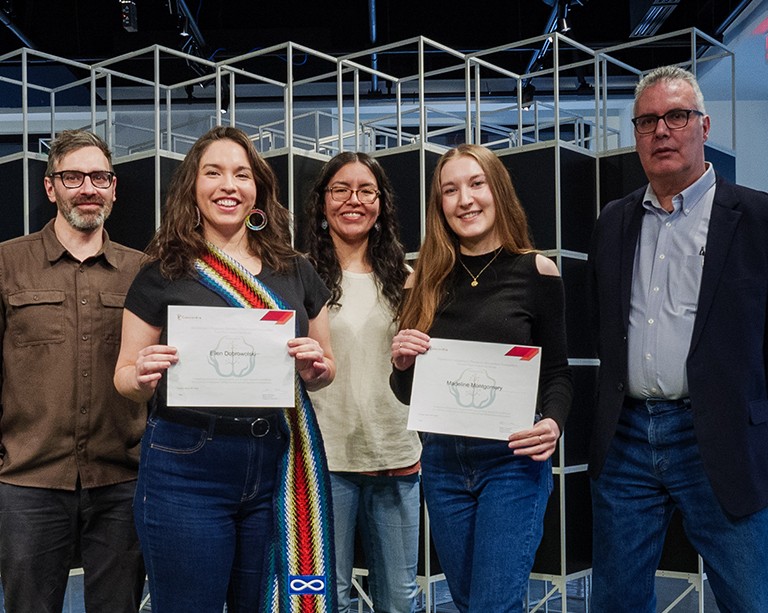Open house event celebrates Concordia’s Complexe Canal Lachine Studio
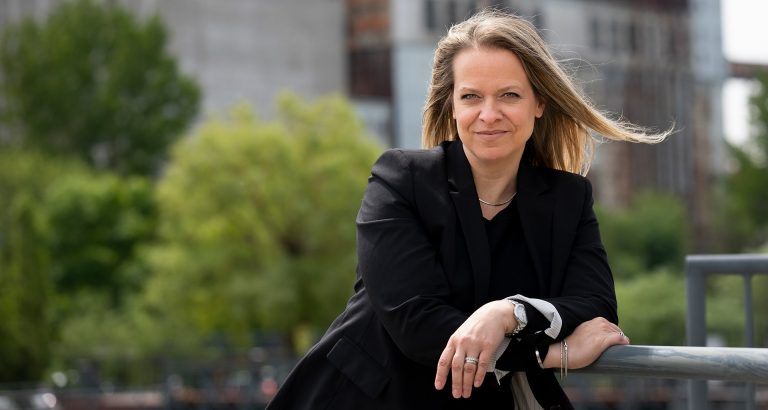
Concordia University Advancement will celebrate the Complexe Canal Lachine Studio with an open house on May 9.
The studio is the university’s dedicated space for artists and researchers in the Humanities (HUMA) PhD and the Individualized (INDI) MA and PhD programs to develop their projects.
The event will feature three student speakers, followed by a reception. Annie Gérin, dean of the Faculty of Fine Arts, will also be in attendance.
The Canal Lachine Studio is situated within the vibrant Complexe Canal Lachine community. In addition to providing a student-led space for research-creation projects, it fosters collaboration with the numerous painters, photographers, publishers, game designers and architects who inhabit the surrounding spaces.
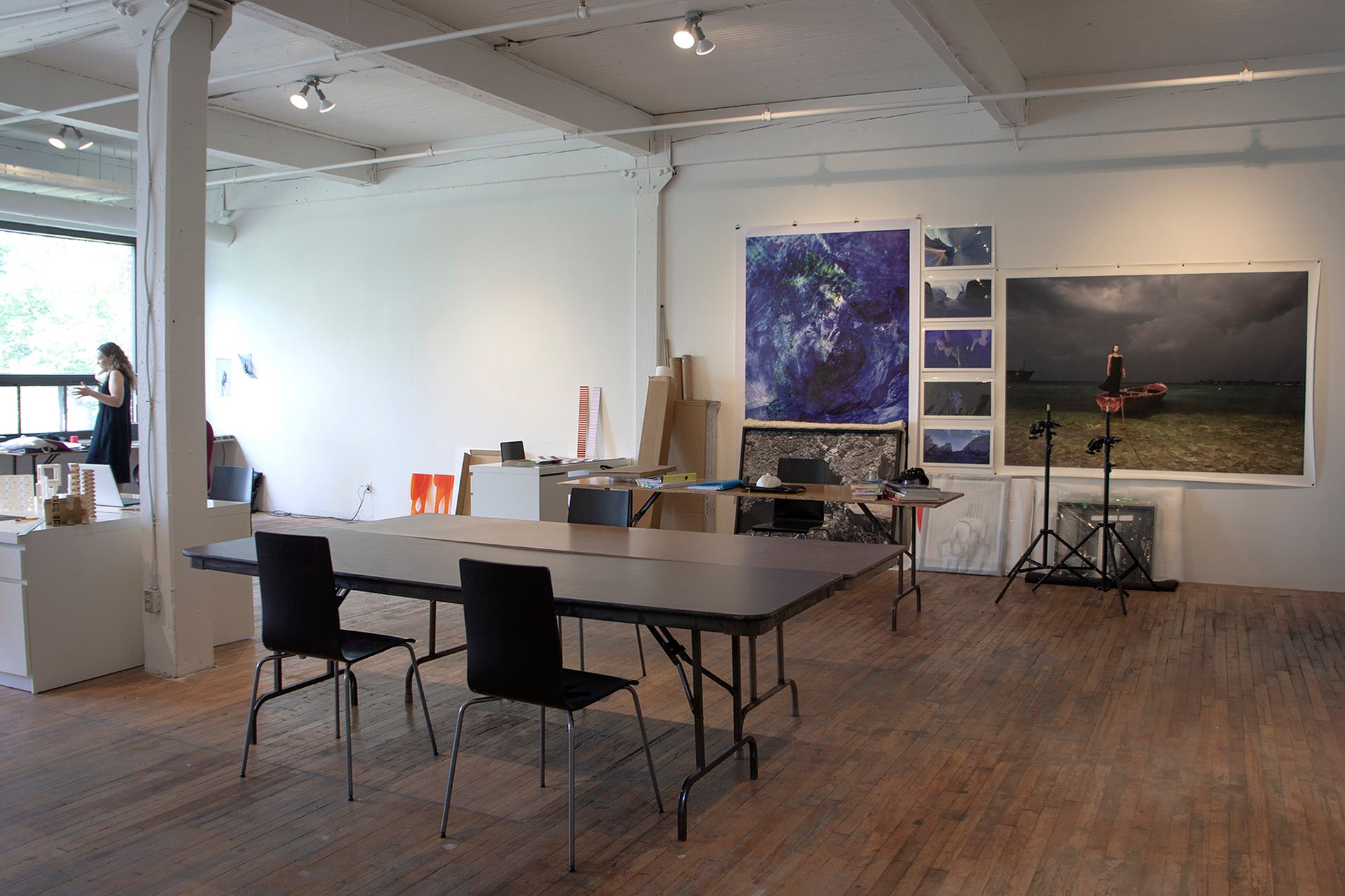 The Canal Lachine Studio fosters collaborations between students and the community of Complexe Canal Lachine.
The Canal Lachine Studio fosters collaborations between students and the community of Complexe Canal Lachine.
Facilitating creative community
The use of the studio over the past five years was donated to Concordia by PhD candidate Natalie Voland, a climate activist and president of Gestion Immobilière (GI) Quo Vadis. In her research and in her role with GI Quo Vadis, Voland promotes a green revolution in the construction industry.
Voland is also a key player behind Montreal’s zero-carbon buildings accelerator in connection with Concordia’s Next Generation Cities Institute.
“Concordia is an avant-garde, research-in-action university. GI Quo Vadis pride ourselves as leaders in sustainable and inclusive innovation aligned with the market and academia,” she says.
“We wanted to connect our active creative community at the Complexe Canal Lachine and Concordia’s INDI and HUMA teams. We are pleased to support this important student work and look forward to the fruits of this collaboration.”

Student-led support
As a dedicated, student-led space, the studio has already been an invaluable resource for students like Mohammad Abdalreza Zadeh and Rachel Rozanski.
An INDI PhD candidate, Zadeh focuses on unravelling the dynamics of homelessness, examining its complexities at policy and local community levels. He investigates the gap between theoretical frameworks and practical approaches to addressing the issue.
Rozanski is a HUMA PhD student whose research-creation explores restoration and repair in environmental and disability studies. She collaborates with researchers and takes inspiration from scientific and land-based studies of permafrost degradation, pollution and adaptations for the anthropocene.
Rozanski’s documentary art is accessible and experiential. Using drawing, photography and video, she portrays the creative survival of people, plants and animals in sick bodies and sick lands.
A safe and vibrant space where creativity thrives
What services does the Canal Lachine Studio offer?
Rachel Rozanski: The studio provides INDI and HUMA graduate students a space to work, research and experiment, as well as opportunities to host workshops, lectures, guest scholars and more.
Mohammad Abdalreza Zadeh: It offers a safe and vibrant space where creativity thrives, fostering student collaboration, idea exchange and community building.
How long have you been using the Canal Lachine Studio? For what purposes?
RR: I’ve been in the studio since fall 2022. I work in photography, video and large-scale drawing.
MAZ: I’ve used the studio primarily for individual artistic exploration related to my research topics and group discussions with fellow artists and researchers.
How has the studio helped advance your work?
MAZ: The studio has played a key role in advancing my work. It has provided a dedicated space conducive to creativity, allowing me to focus and delve deeper into my research topics. Moreover, the collaborative atmosphere has facilitated invaluable discussions and feedback sessions, enriching my perspectives and refining my approaches.
RR: In this space, I can focus on my art practice — my primary discipline. My large-scale drawings require high ceilings. The ones I’m currently working on are 15 feet tall. Having a dedicated space to work in — and such a wonderful one — was one of the main reasons I chose to pursue my doctoral studies at Concordia.
Students in the graduate INDI or HUMA PhD programs may contact site coordinator Rachel Rozanski for details on how to book space at the studio.
The Canal Lachine Studio Open House takes place Thursday, May 9, from 5:30 to 7:30 p.m. at the Complexe Canal Lachine, 4710-4712 St. Ambroise St., Unit 328, Montreal. Register for this free event.
Dive into research-creation at Concordia’s Centre for Interdisciplinary Studies in Society and Culture.
